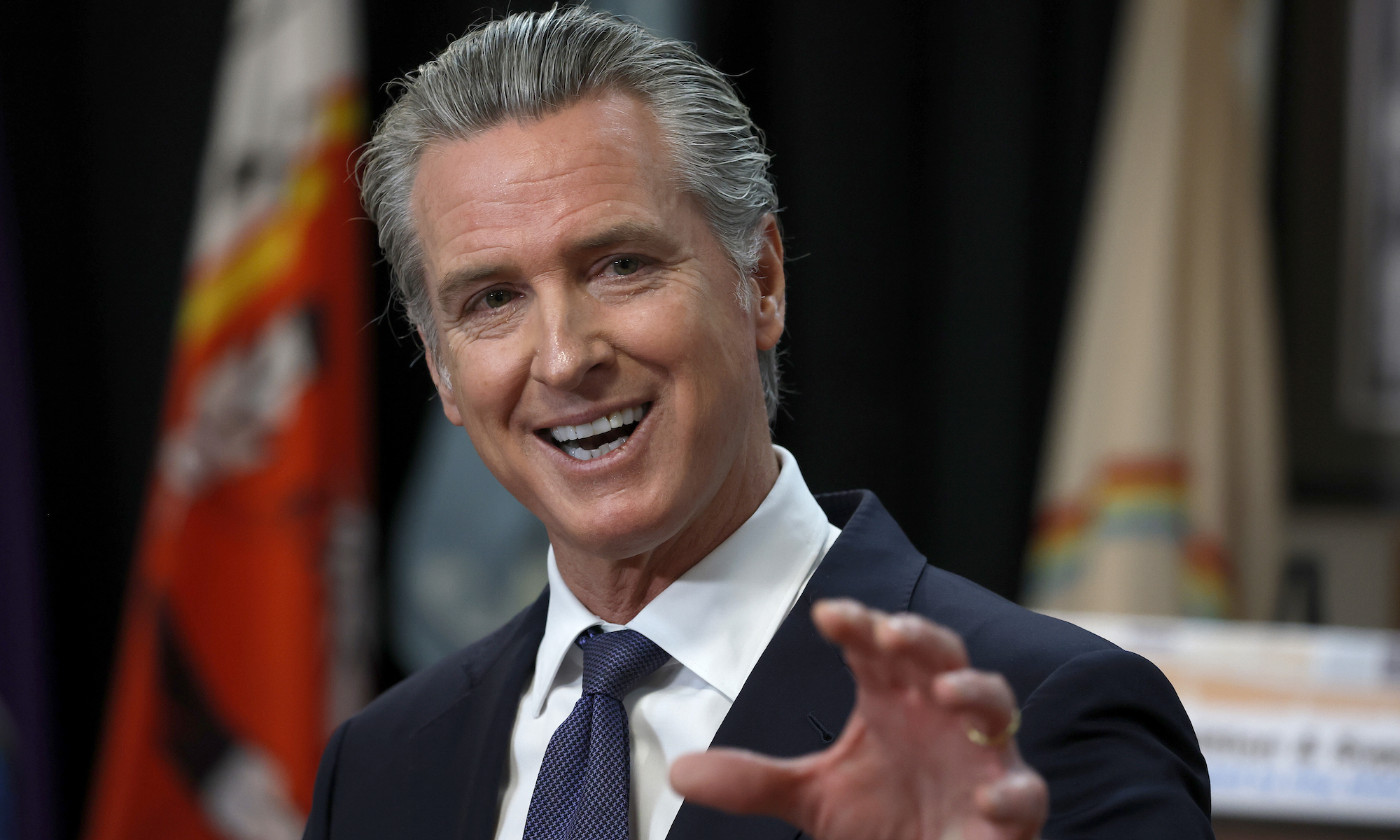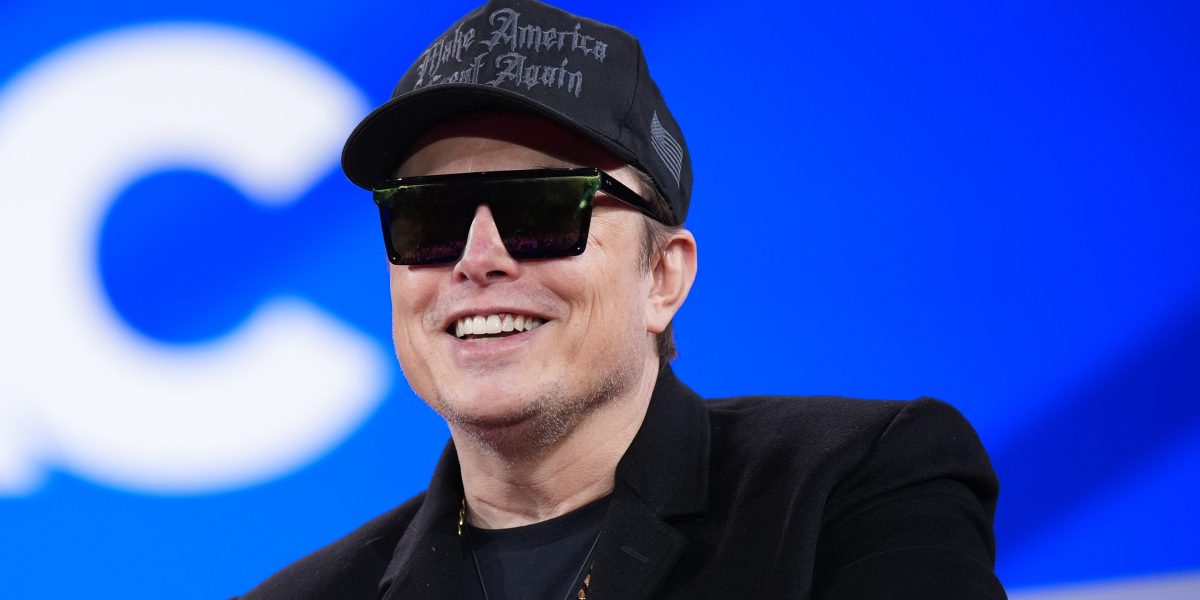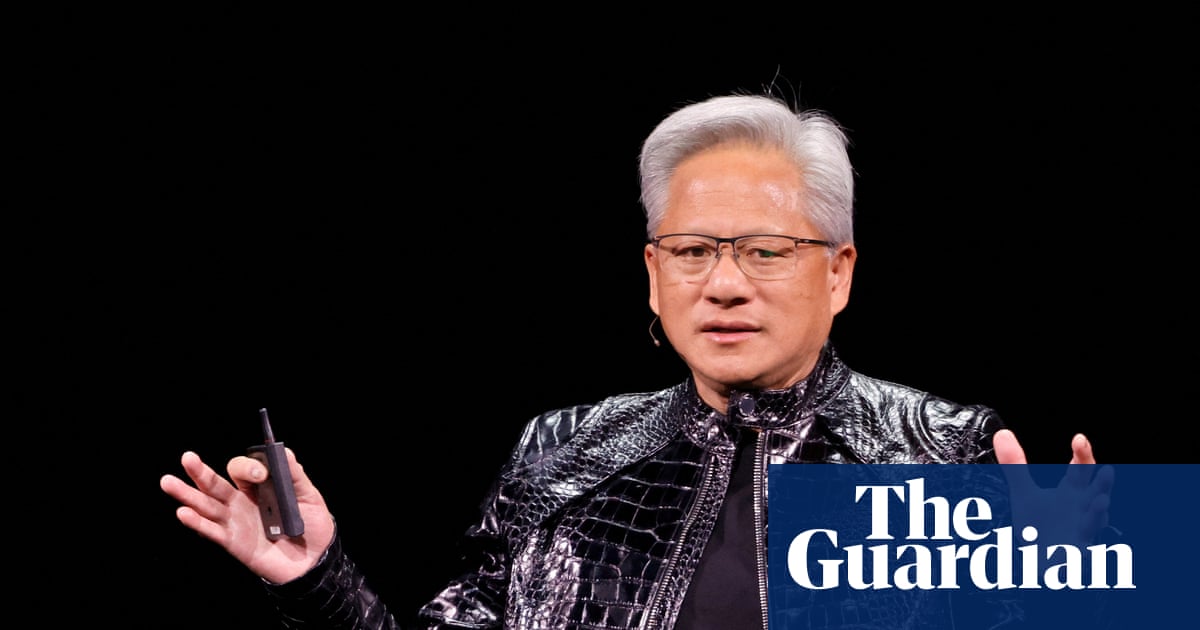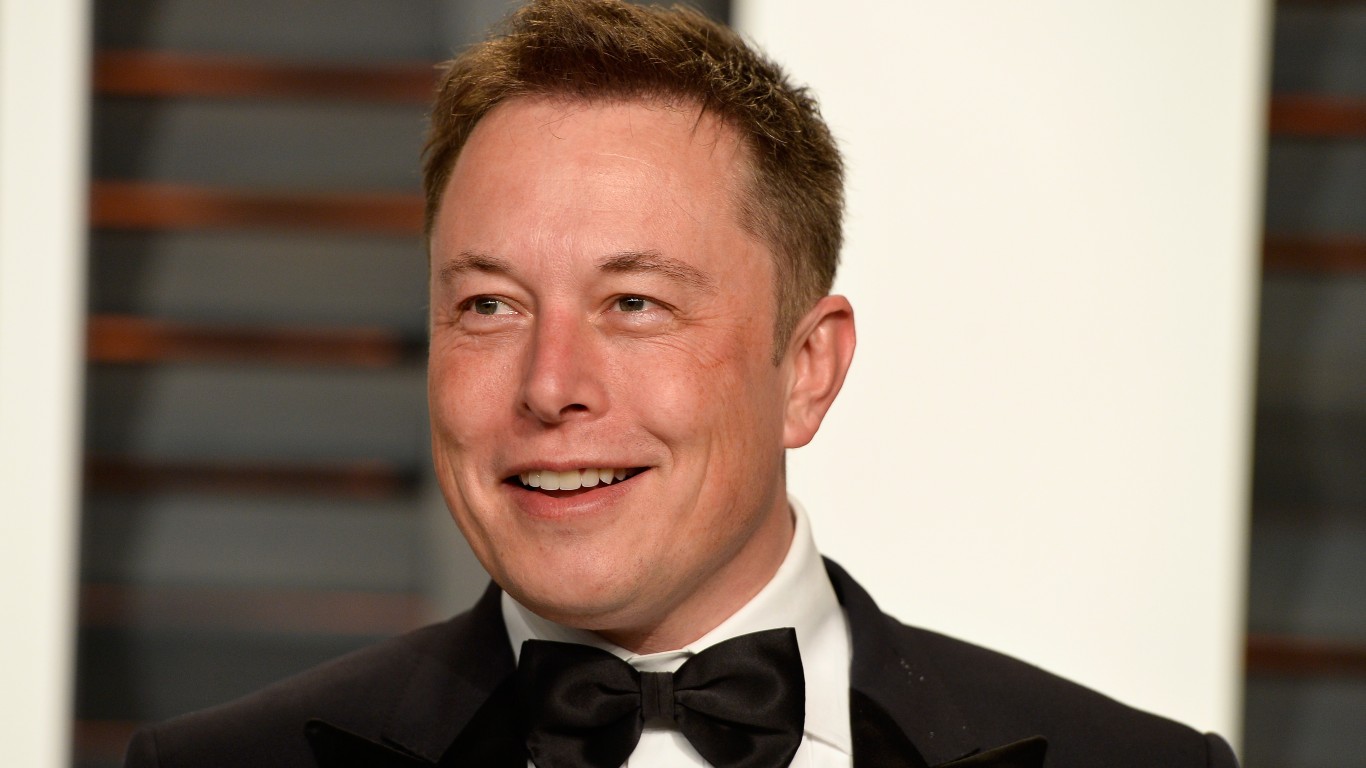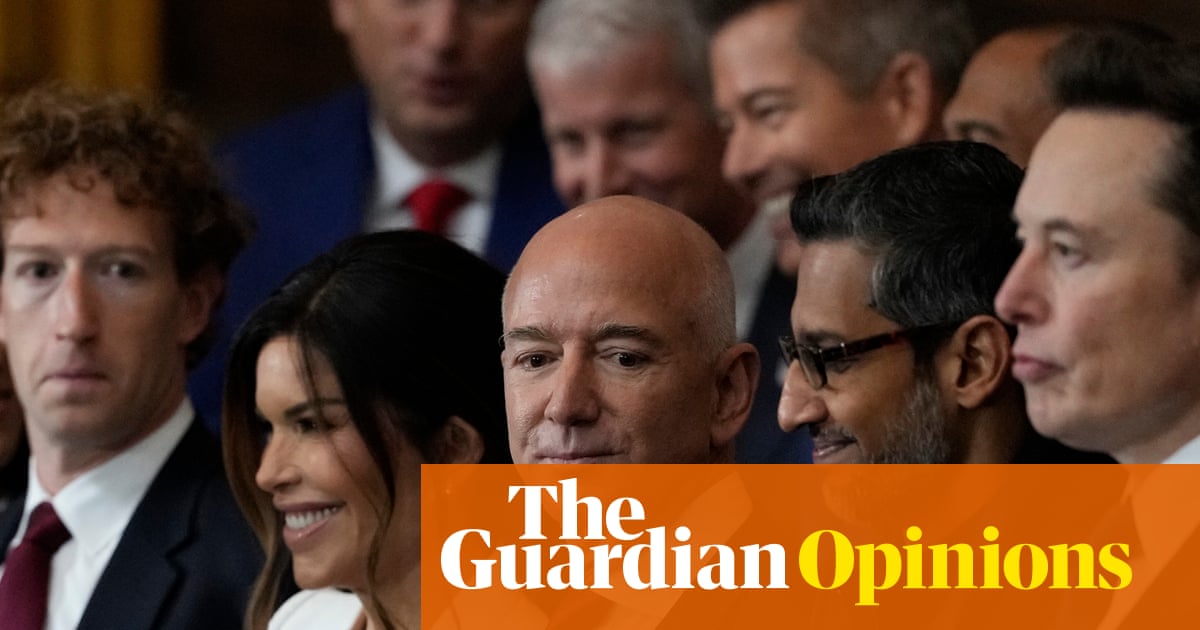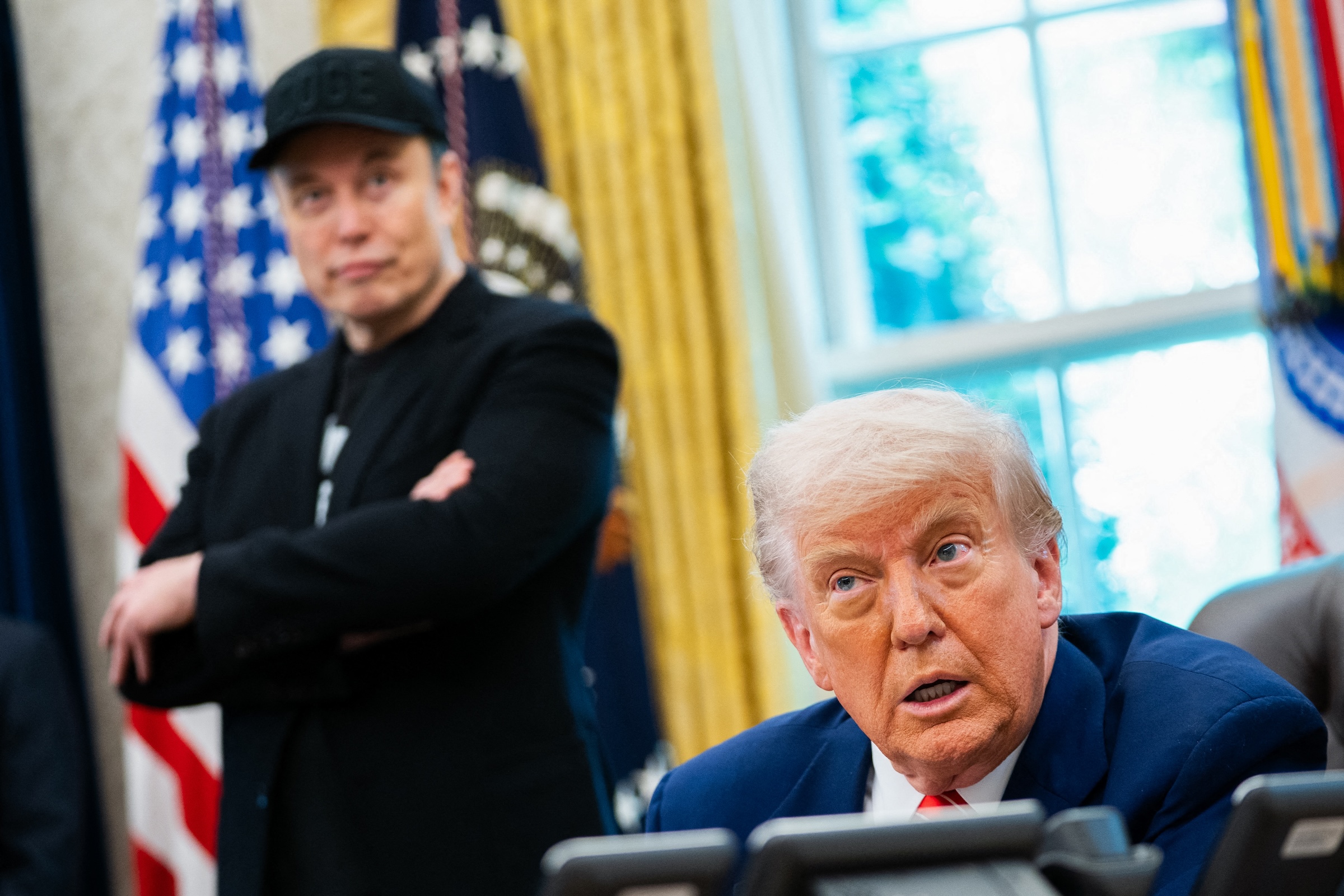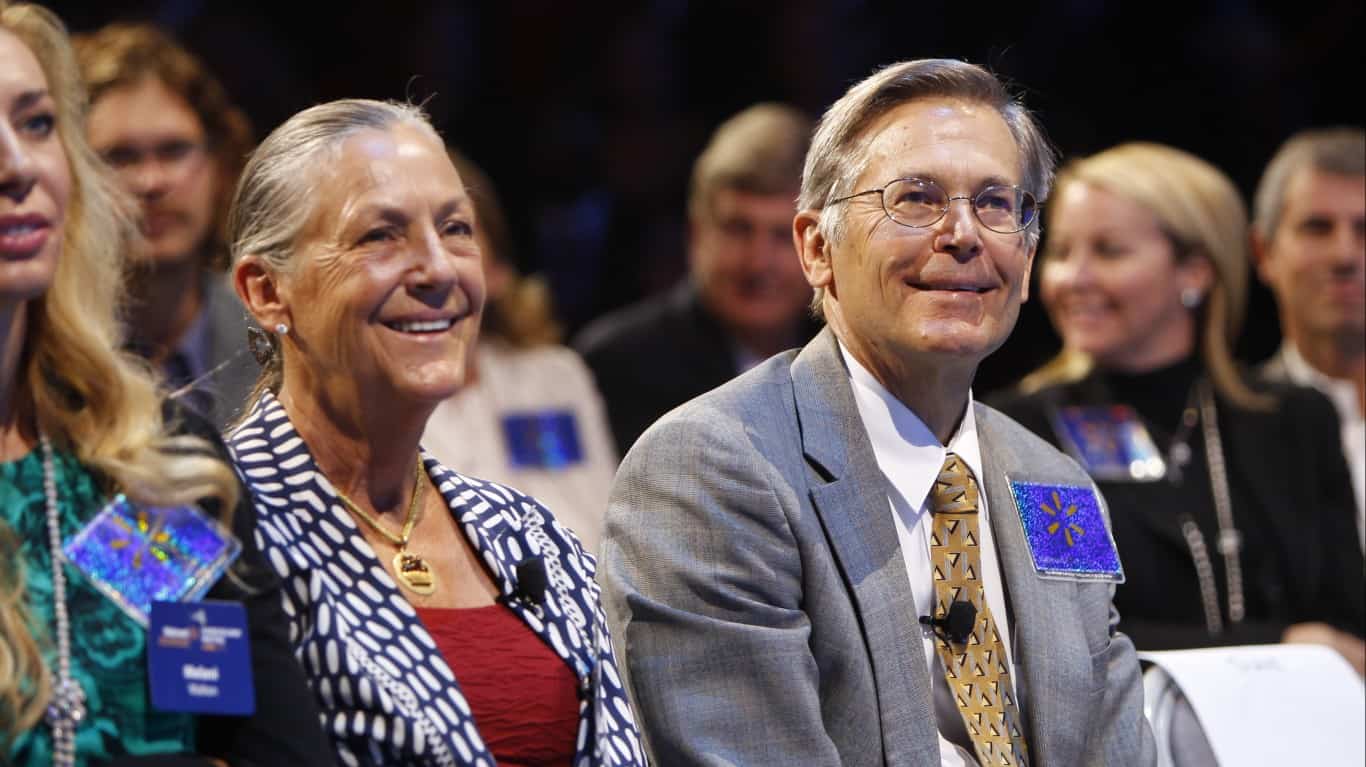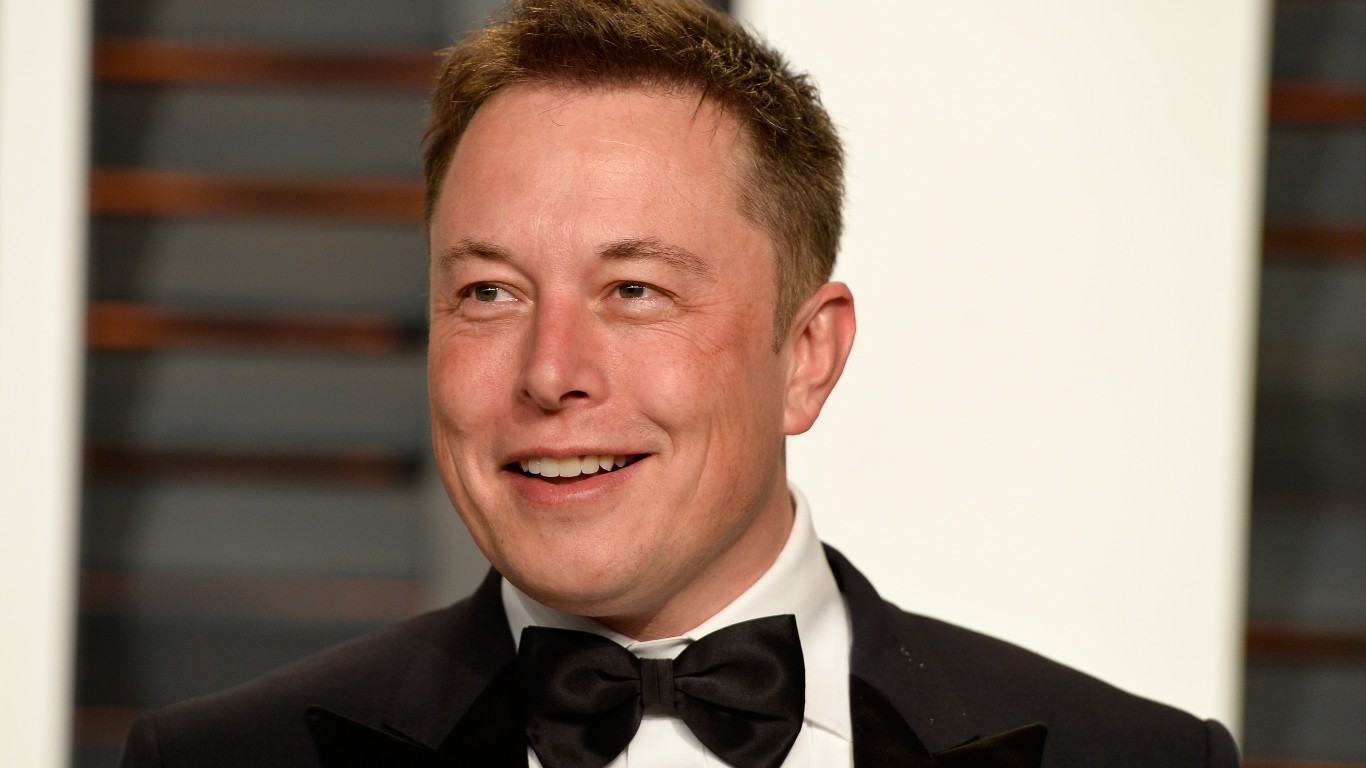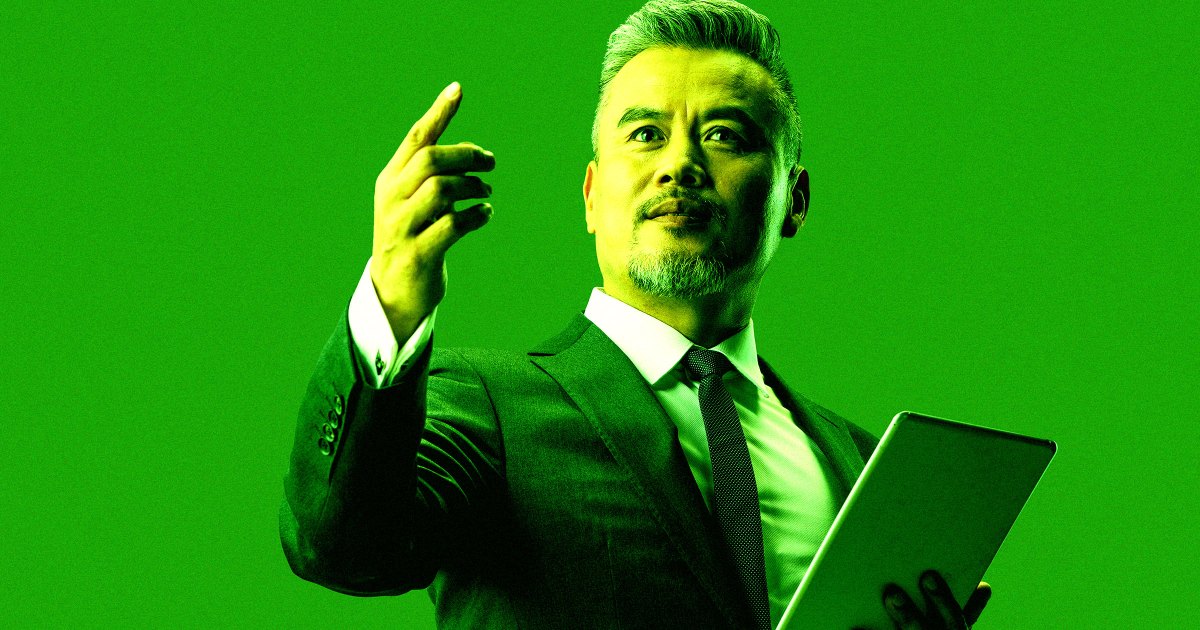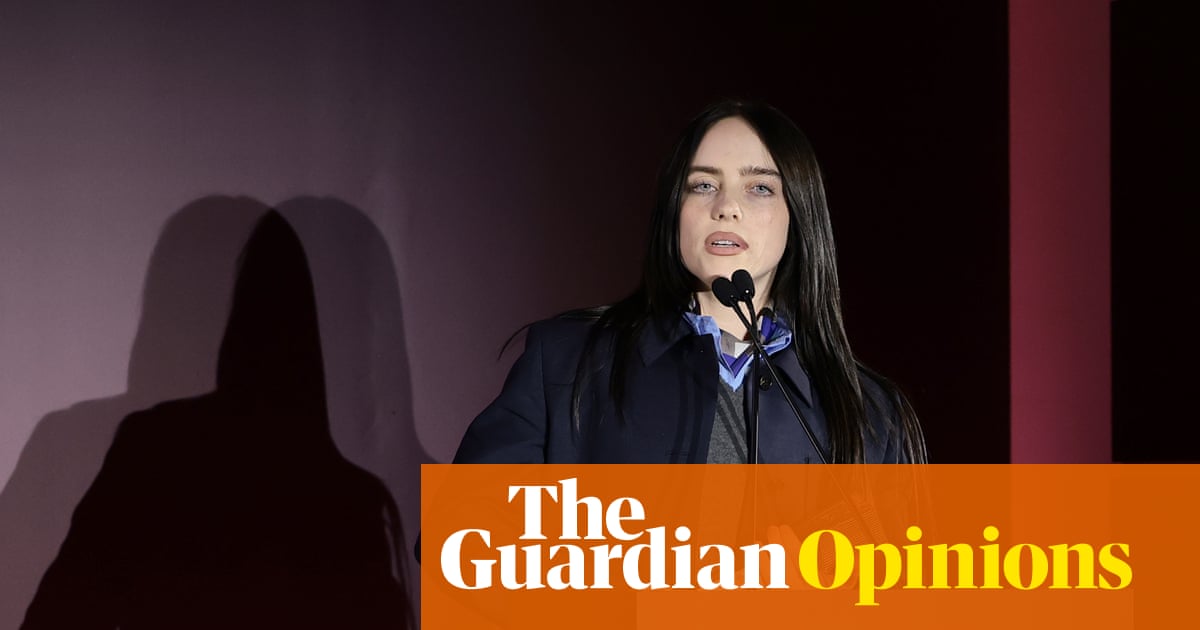#billionaires
#billionaires
[ follow ]
#wealth-inequality #elon-musk #wealth-tax #political-influence #philanthropy #tax-policy #california-wealth-tax
Venture
fromFortune
1 week agoBillionaire Marc Andreessen spends 3 hours a day listening to podcasts and audiobooks-that's nearly an entire 24-hour day each week | Fortune
Extensive reading and audiobook consumption underpin continuous learning and strategic thinking for ultra-wealthy investors like Marc Andreessen.
World news
fromBusiness Insider
1 week agoThe world's rich and powerful are descending on Davos - and many are coming by private jet
Private jet traffic around Davos surges during the World Economic Forum, with hundreds of billionaire-, corporate-, and government-owned jets flying into nearby airports.
Business
fromBusiness Insider
3 weeks agoThe 10 richest people are worth more than Amazon after gaining nearly $600 billion in 2025
The world's 10 richest individuals collectively hold over $2.5 trillion, surpassing Amazon, after a nearly $600 billion wealth increase driven largely by AI-fueled tech stock gains.
fromBusiness Insider
1 month ago28 of the richest Americans in history, from Gilded Age robber barons to today's tech tycoons
In many historic calculations of net worth, individual fortunes weren't measured in isolation; instead, they were compared to the GDP of the US at the time. When the US economy was much smaller than it is today, the wealthiest families and individuals carried more weight in the economy than others during more prosperous times. One of the richest Americans of all time is widely considered to be Standard Oil founder John D. Rockefeller, whose wealth, at its peak in 1937, was equal to 1.5% of the country's GDP.
History
fromBusiness Insider
1 month agoChina's economic slump isn't stopping a billionaire boom in AI chips
On Wednesday, shares of MetaX Integrated Circuits Shanghai - a GPU startup founded by former AMD executives - skyrocketed as much as 755% on their first day of trading on the Shanghai Stock Exchange's tech-focused STAR Market, before closing up about 700%. The surge catapulted its chairman and cofounder, Chen Weiliang, into one of China's fastest-rising tech moguls. Chen's stake in MetaX is worth about $6.5 billion, according to the Bloomberg Billionaires Index.
Tech industry
Business
fromFortune
1 month agoThe $124 trillion Great Wealth Transfer is intensifying as inheritance jumps to a new record, with one 19-year-old reaping the rewards | Fortune
Heirs inherited a record $297.8 billion in 2025 as the Great Wealth Transfer accelerates, increasing multi-generational billionaire wealth and projected future transfers.
US politics
fromwww.theguardian.com
2 months agoUltra-rich media owners are tightening their grip on democracy. It's time to wrest our power back
Billionaires are buying major media outlets to protect wealth, suppress criticism, influence coverage, and hedge against democratic threats to their net worth.
fromBusiness Insider
3 months agoLarry Page, Sergey Brin are $55 billion richer in 3 months after Alphabet stock surge
The Alphabet cofounders have respectively grown $66 billion and $60.7 billion richer in just under 10 months, outpacing Meta CEO Mark Zuckerberg's $56.8 billion gain and Nvidia CEO Jensen Huang's $51.9 billion gain. The pair only trail Oracle cofounder Larry Ellison's $150 billion increase. Page and Brin are now worth $234 billion and $219 billion each, ranking them fifth and sixth on Bloomberg's rich list - not far behind Amazon founder Jeff Bezos in fourth with a $250 billion fortune.
Business
fromBusiness Insider
3 months agoWorld's 10 richest people are $500 billion wealthier this year thanks to the AI boom
The world's 10 wealthiest people have added a remarkable $523 billion to their fortunes this year, the Bloomberg Billionaires Index shows. Mastercard, Exxon Mobil, and Netflix are all worth less than that; their market values were between $460 billion and $520 billion at Monday's close. Oracle cofounder Larry Ellison has notched the biggest wealth gain so far this year with a $150 billion increase in net worth, to $343 billion.
Business
US politics
fromFortune
2 months agoMeet the billionaires spending over six figures to stop Zohran Mamdani from becoming New York's next mayor, from Michael Bloomberg to Bill Ackman | Fortune
Zohran Mamdani leads the mayoral race despite billionaires and pro-Cuomo groups donating over $22 million to oppose his millionaire tax proposal.
fromSupercar Blondie
3 months agoBillionaires swap home offices for 'working from yacht' with hightech floating offices
Kevin Koenig, a journalist at The Wall Street Journal, took a closer look at this curious phenomenon. He spoke to several billionaires who have taken to working in 'floating offices', including Jimmy John Liautaud, the proprietor of the sandwich chain Jimmy John's. Liautaud is something of a workaholic, as he finds time to work whether he is - and that includes any superyacht he happens to be stationed on. And he's not alone.
Business
fromThe Local Germany
3 months agoREVEALED: Who are the richest people in Germany?
Germany now boasts a record 256 billionaires, the highest number since records began according to Manager Magazin. The total wealth of the 100 richest Germans has nearly tripled since 2001, reaching €758 billion, while the combined asset value of the 500 richest stands at €1.16 trillion. More than half of those on the list now possess fortunes exceeding €1 billion.
Germany news
fromBusiness Insider
3 months agoThe world's 10 richest people lost nearly $70 billion in Friday's market rout
The world's 10 richest people lost nearly $70 billion on Friday as fresh fears of a global trade war rattled markets. The value of their stock holdings tumbled after President Donald Trump said the US would impose an additional 100% tariff on imports from China from November 1, and restrict its access to "any and all critical software," after China tightened export controls on rare earth elements and other key materials for advanced tech manufacturing.
Business
Real estate
fromBusiness Insider
4 months agoI visited the billionaire hideaway of the Pacific Northwest and clocked 5 signs of extreme wealth and luxury
Medina, Washington is an extremely wealthy 1.4-square-mile lakeside town where many billionaires own hidden mansion estates and visible waterfront yachts.
Media industry
fromwww.theguardian.com
4 months agoThe TikTok deal puts even more media in the hands of the super-rich | Margaret Sullivan
TikTok's rapidly growing role as a news source is increasingly concentrated in billionaire ownership, intensifying media oligarchy and potential political influence.
Business
fromBusiness Insider
4 months agoElon Musk, Larry Ellison, Mark Zuckerberg are worth about as much as one of America's largest companies.
Elon Musk, Larry Ellison, and Mark Zuckerberg hold a combined net worth exceeding $1 trillion, driven largely by large ownership stakes in major tech companies.
World news
fromForbes
4 months agoSingapore's 50 Richest 2025: Combined Wealth Jumps To $239 Billion; Facebook Cofounder Eduardo Saverin Adds $14 Billion To Remain At No. 1
Singapore’s wealthiest saw collective net worth rise nearly 25% to a record $239 billion, driven by export-led growth and strong gains in tech and property-linked fortunes.
fromTruthout
5 months agoThese Billionaires Have Already Spent $19 Million in a Bid to Defeat Mamdani
As the housing crisis and wealth inequality emerge as top issues for voters in New York City, mayoral hopeful Zohran Mamdani has called for higher taxes on the rich to pay for services and famously suggested that billionaires should not exist. Mamdani's viral campaign handily defeated Andrew Cuomo, New York's former governor, in a Democratic primary earlier this year. As expected, billionaires and billionaire-owned companies such as Airbnb and DoorDash are now spending big to defeat Mamdani and influence the race.
New York City
[ Load more ]



